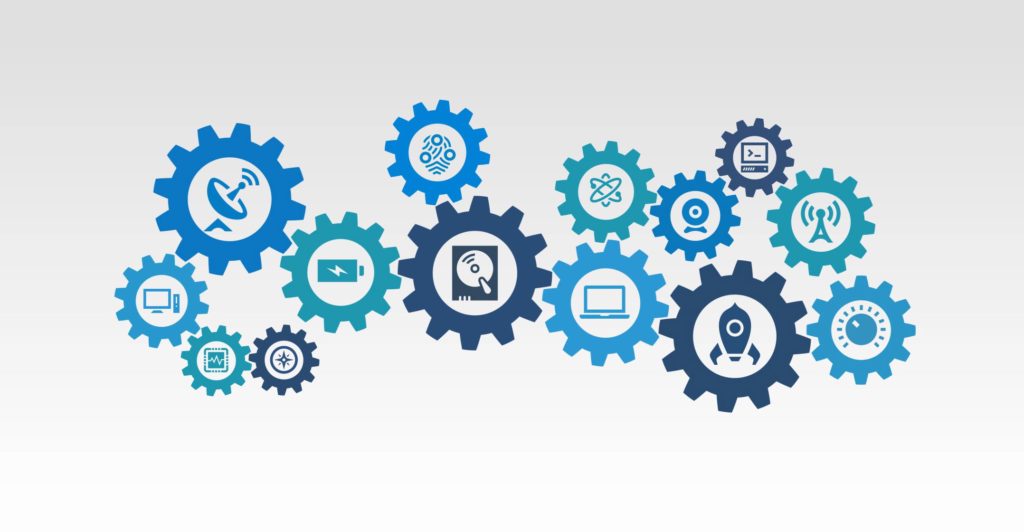 Innovative new technologies, together with an increasingly connected world, are delivering far-reaching benefits, such as fuelling economic growth, democratising digital technologies and promoting access to information for all.
Innovative new technologies, together with an increasingly connected world, are delivering far-reaching benefits, such as fuelling economic growth, democratising digital technologies and promoting access to information for all.
However, this goes hand-in-hand with new challenges. As technologies advance and connectivity becomes ubiquitous, private and public sector entities (and the people who work in them) grow increasingly vulnerable to dangerous and indiscriminate cyber attacks.
In fact, cyber threats and cyber crime have been steadily on the rise in the last few years, and there’s no reason to assume that it will slow down any time soon. Cybercrime is growing exponentially, with analysts predicting that global cybercrime damage costs will grow by 15% per year, to reach $10.5-trillion by 2025.
Today’s adversaries are more sophisticated and cunning than ever. They have deep pockets and can develop complex, targeted tools capable of evading many security nets. This means companies need to ramp up their cyber defences by embedding security into every aspect of the business.
They also need to have incident response plans in place to ensure they are prepared for the worst-case scenario in which malefactors successfully compromise their networks.
However, this is no mean feat. The CISO’s job is soaring in terms of complexity, as a greater number of employees are now working on a hybrid or remote basis and in a world of “bring your own everything be it a device, application, cloud or connection.
Clever businesses understand that forewarned is forearmed, and with this in mind, ICTGlobe Managed Services, in conjunction with TechCentral, is hosting a Lunch & Learn session on 23 November at Marriott Melrose Arch. During the session, industry experts will unpack the major cybersecurity trends that they believe businesses need to know about and will share some predictions to keep companies on high alert in the new year.
Generative AI
For example, generative AI has seen an unprecedented uptake. Within a matter of months of ChatGPT’s launch a year ago, it boasted some 100M users. And while this tool is proving highly useful in many ways, it’s also likely to become an even greater cyberthreat in 2024, because it can be exploited to write malicious code and create advanced phishing emails that are so well put together they are able to defy all but the closest scrutiny.
The event will unpack a range of other topics, such as how e-mail remains a major threat vector and focus area for defence; and how the expanded identity landscape is presenting weaknesses for threat actors to exploit. It will delve into how hybrid environments and shadow IT are increasing endpoint blind spots, as well as the proliferation of IoT devices and what this means for cybersecurity.
 Delegates will also look at cloud security, its challenges and who is ultimately responsible; as well as how securing the external attack surface has become an internet-scale challenge.
Delegates will also look at cloud security, its challenges and who is ultimately responsible; as well as how securing the external attack surface has become an internet-scale challenge.
For more information or to register to attend, click here.
- Read more articles by ICTGlobe.com on TechCentral
- This promoted content was paid for by the party concerned




